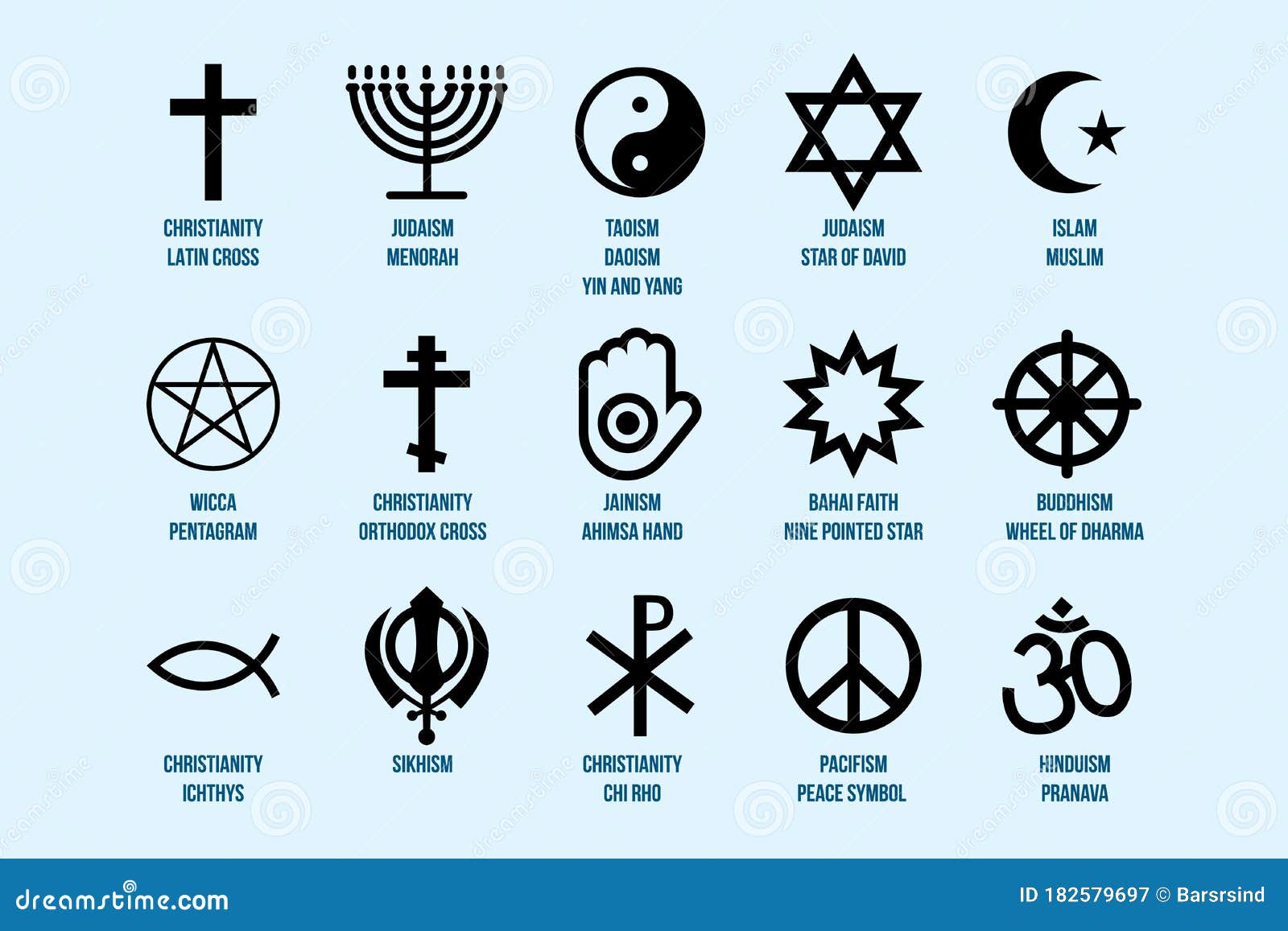The Evolution of Entertainment: How Technology, Platforms, and Audiences Are Shaping the Future
Introduction: The Changing Face of Entertainment
Entertainment has evolved dramatically in recent years, driven by shifts in technology, audience behavior, and industry economics. Traditional media like television and cinema now share the stage with streaming platforms, immersive gaming, and social media experiences. This article explores the major changes in entertainment, offering practical guidance on how audiences can access new services, adapt to modern trends, and make the most of emerging opportunities.

Source: nextwebblog.com
Streaming and On-Demand Content: The New Norm
In the past, entertainment primarily meant attending live events or watching scheduled TV broadcasts. Today, streaming services like Netflix, Disney+, Hulu, and Discovery+ dominate the landscape, offering audiences instant access to vast libraries of content on-demand. These platforms have disrupted traditional TV and cinema, allowing viewers to personalize their entertainment experience and access content from anywhere with an internet connection [1] .
To access streaming content, users typically need to subscribe to a service. Most platforms offer a free trial period, after which a monthly fee applies. It’s important to compare features and content libraries to find the service that best matches your interests. For live TV alternatives, services like Hulu Live TV and Fubo are merging to offer expanded options, although these require separate subscriptions and may focus more on live channels than on-demand content [4] .
Step-by-step to access streaming services:
- Research available streaming platforms and compare their offerings.
- Visit the official website of your chosen service and sign up for an account.
- Download the service’s official app on your device (phone, tablet, smart TV, or computer).
- Start your free trial if available, or select a subscription plan to begin watching.
Be aware that content libraries differ by region and can change over time. Use official customer support channels for help with payment, access, or device setup.
Gaming: From Pastime to Social Hub
Gaming has transformed from a solitary hobby to a major social activity, especially among younger generations. With advances in cloud computing and high-speed internet, cloud gaming and mobile gaming have lowered barriers to entry, making games accessible to anyone with a smartphone or basic computer [2] . Popular platforms allow users to play high-quality games without owning expensive hardware, expanding the gaming audience worldwide.
Gaming is now a key way for young people to socialize; studies show that nearly half of Gen Z and Millennials report building long-term friendships through online gaming. This trend is reinforced by platforms that facilitate group play, live chat, and collaborative challenges. Game engines are also being used to create interactive media experiences that blend gaming with traditional storytelling [1] .
Practical steps to get involved in modern gaming:
- Explore official app stores for free and paid games suited to your interests and device.
- Consider cloud gaming platforms, which may offer subscription options for access to a library of games.
- Join online communities or forums linked to your favorite games for social interaction and tips.
- Use parental controls and privacy settings to manage online interactions, especially for younger users.
While many games are free to download, some in-app purchases or subscriptions may apply. Always use verified platforms and official marketplace links to avoid scams.
Social Media and User-Generated Content: Entertainment for All
Social media platforms have become major destinations for entertainment, not just communication. Short-form video, live streaming, and user-generated content now compete with traditional forms of entertainment. Platforms like YouTube, TikTok, and Instagram make it easy for anyone to create, share, and monetize content [1] .
These platforms thrive on visual spectacle and viral potential. For example, musicians and performers add unique visual elements to live events, encouraging audiences to share their experiences online. This amplifies reach and creates new revenue streams. The line between creator and consumer is increasingly blurred, allowing diverse voices and formats to flourish [2] .
To participate or follow trends on social media:
- Download official social media apps from trusted sources (Apple App Store, Google Play Store).
- Create an account using secure credentials.
- Follow creators, join communities, and explore hashtags to discover new content.
- If interested in producing content, use platform tutorials and safety guidelines to get started.
Each platform has its own rules and monetization options. Review official help centers for guidance on content creation, copyright, and earnings.
Artificial Intelligence and Personalization in Entertainment
Artificial intelligence (AI) is rapidly changing how entertainment is created, distributed, and experienced. AI tools are now used for everything from generating TV scripts to personalizing content recommendations for individual users. These technologies help studios and platforms deliver more tailored and engaging experiences at scale [5] .
AI-driven personalization means that your viewing, listening, or gaming experience adapts to your habits and preferences. For example, streaming platforms use algorithms to suggest shows and movies you’re likely to enjoy based on your history. Similarly, gaming companies may use AI to adjust difficulty or recommend new titles.
If you wish to manage or optimize your personalized experience:
- Regularly update your content preferences in platform settings.
- Use parental controls to filter recommendations for younger audiences.
- Stay informed about privacy policies and data usage by reading official platform statements.
While AI offers greater convenience, it’s important to be aware of privacy issues and monitor how your data is used. Visit the official privacy help center of your chosen platform for more information on managing your data.
Economic and Industry Shifts: Adapting to New Models
The cost of content creation continues to rise, pushing companies to find new business models. Subscription video-on-demand (SVOD) services, advertising-supported platforms, and direct fan engagement models are reshaping how entertainment is funded and delivered [1] . The industry is also seeing increased investment from technology giants in traditional venues like theaters, and mergers are common as companies seek scale and efficiency [5] .
For consumers, this means more choices but also greater complexity. Some content may only be available on specific platforms, and subscription fatigue is a growing concern. As a result, many opt for a mix of free, ad-supported content and paid subscriptions. It’s advisable to regularly review your subscriptions and consider family or group plans to optimize costs.
Guidance for navigating new business models:
- List all your current entertainment subscriptions and monthly costs.
- Assess which services you use most and cancel those you rarely access.
- Explore free, ad-supported platforms for additional content options.
- Check if your favorite creators offer direct support models (such as Patreon or merchandise sales) for exclusive perks.
Official industry news and updates can be found through established media outlets and company press rooms. If you need assistance with billing or subscription management, use the provider’s verified customer service channels.

Source: hackread.com
Immersive and Interactive Experiences: The Future Unfolds
Entertainment is becoming more immersive, with advances in virtual reality (VR), augmented reality (AR), and interactive storytelling. Concerts, museums, and even sports events now incorporate digital elements to enhance in-person and at-home experiences [2] . Game engines are being used to create seamless worlds that bridge traditional media and interactive play [1] .
To access immersive experiences, consumers can:
- Research VR and AR devices from established manufacturers through official retail outlets.
- Explore digital events and virtual concerts, often promoted on official artist or venue websites.
- Look for interactive exhibits at local museums or cultural centers, which may offer both on-site and virtual participation.
Always purchase devices and event tickets through verified sellers to avoid scams. For new users, many platforms offer beginner guides and community support to help with setup and troubleshooting.
Conclusion: Navigating the Modern Entertainment World
Entertainment is more accessible, diverse, and interactive than ever before. Whether you’re streaming the latest series, meeting friends in online games, or attending a virtual concert, staying informed about trends and using official resources can help you make the most of what’s available. Regularly review your usage, explore new platforms, and stay alert to privacy and security practices. As the landscape evolves, so too do the ways you can engage, create, and enjoy entertainment in all its forms.
References
- [1] Deloitte (2025). 2025 media and entertainment outlook.
- [2] Glimpse (2025). Top 17 Entertainment & Media Trends of 2025.
- [3] Intertalent (2025). What does the entertainment landscape look like in 2025?
- [4] Los Angeles Times (2025). Hollywood business stories to watch in 2025.
- [5] RSM US (2025). 2025 media and entertainment industry outlook.
MORE FROM cheerdeal.com













